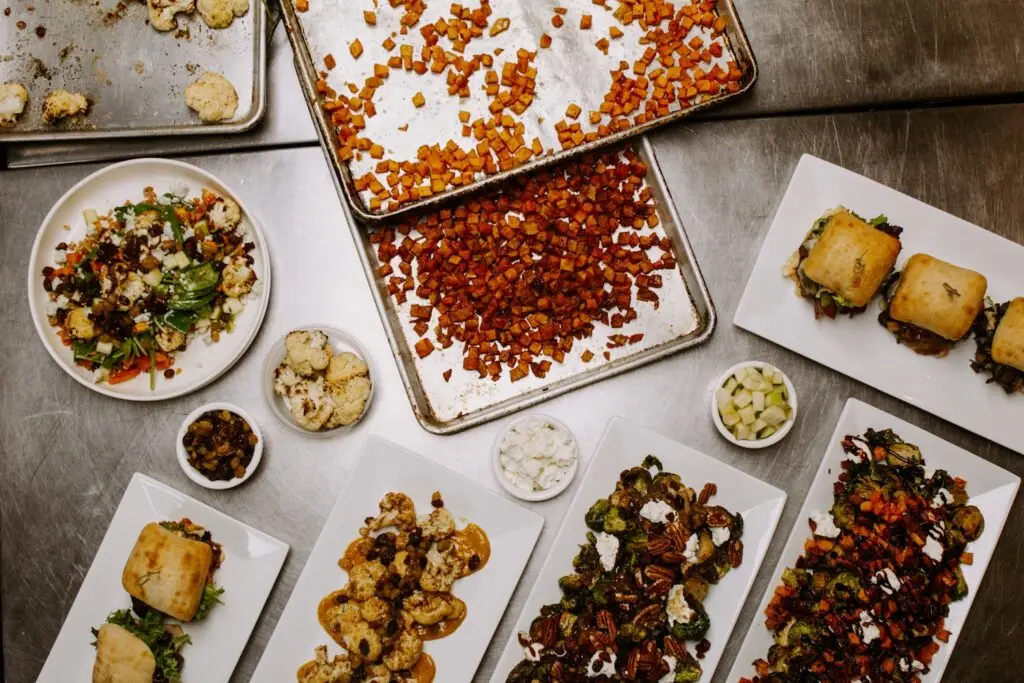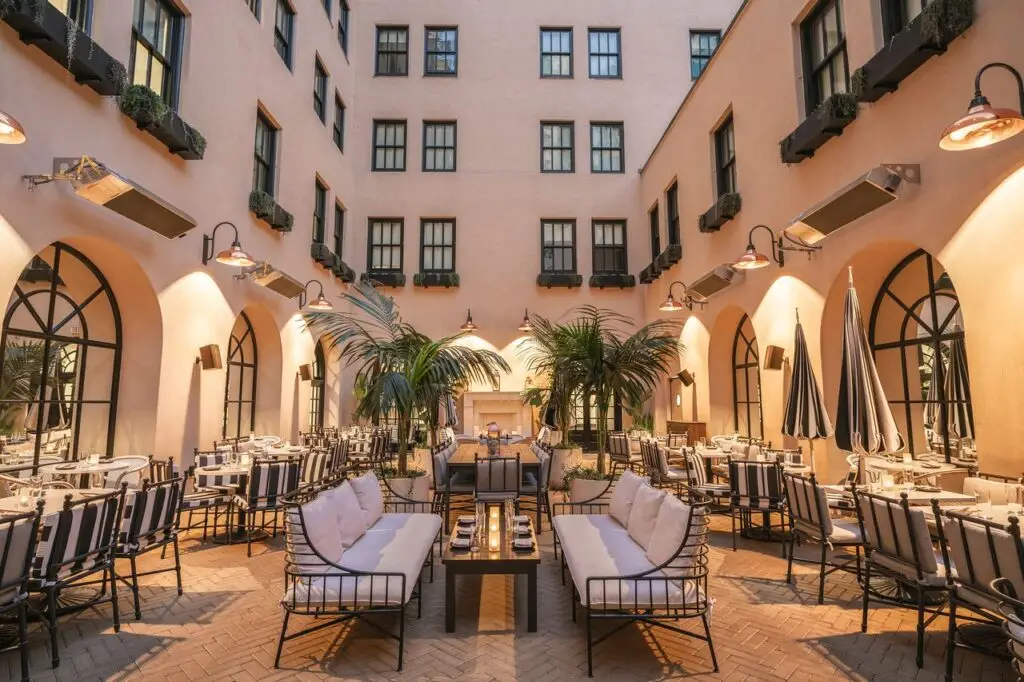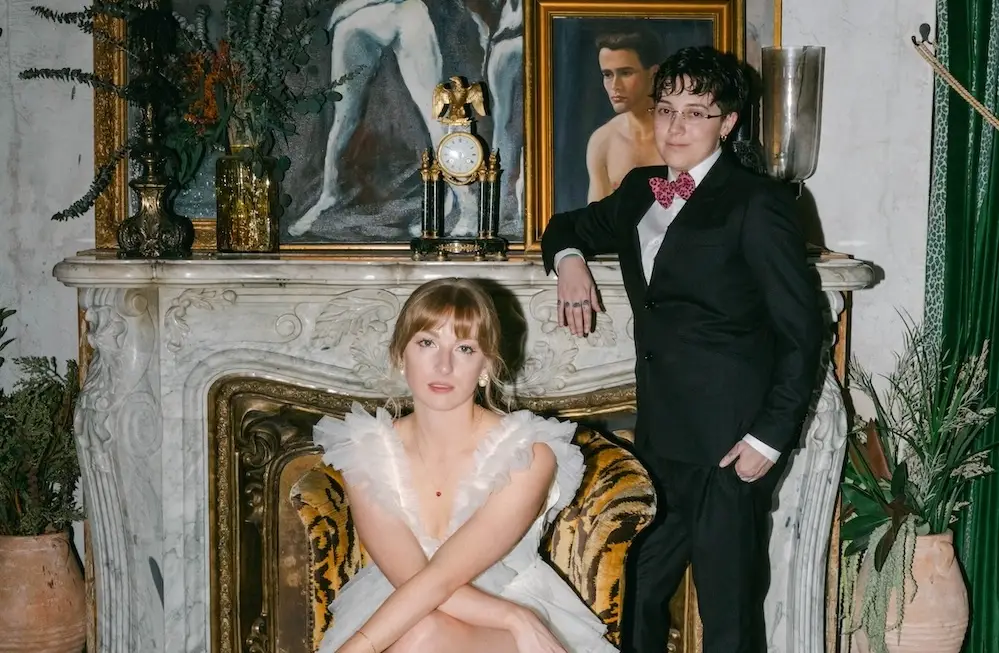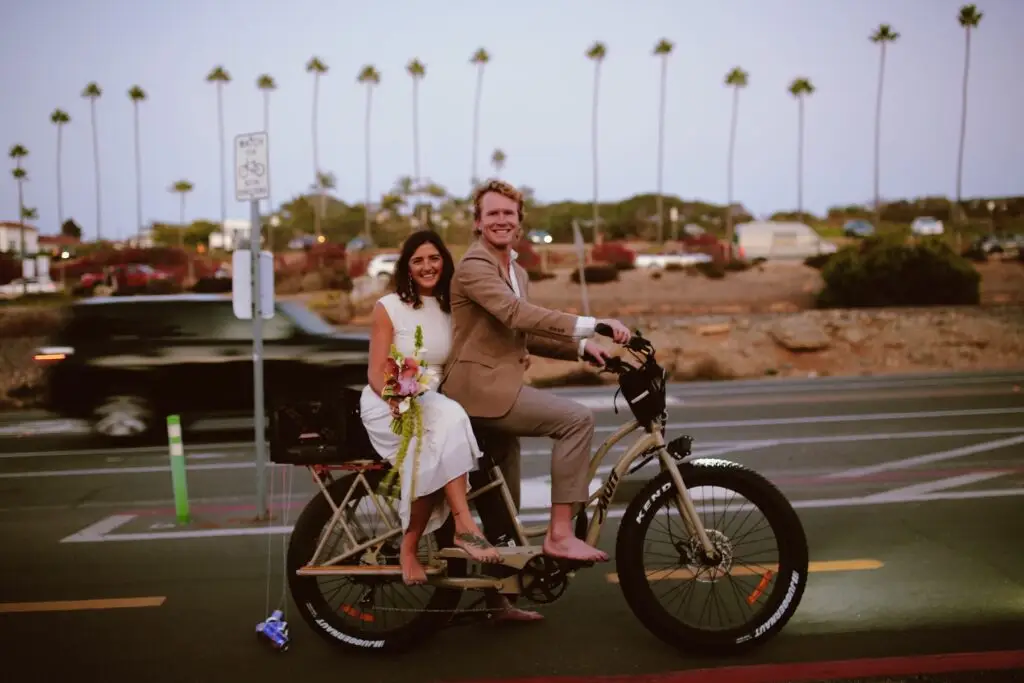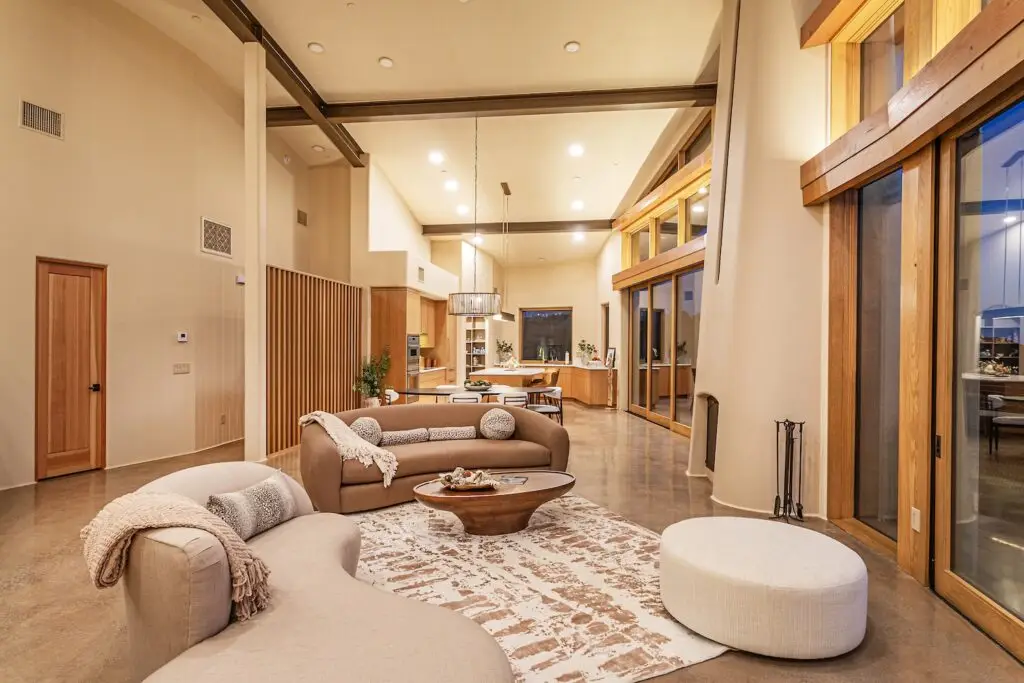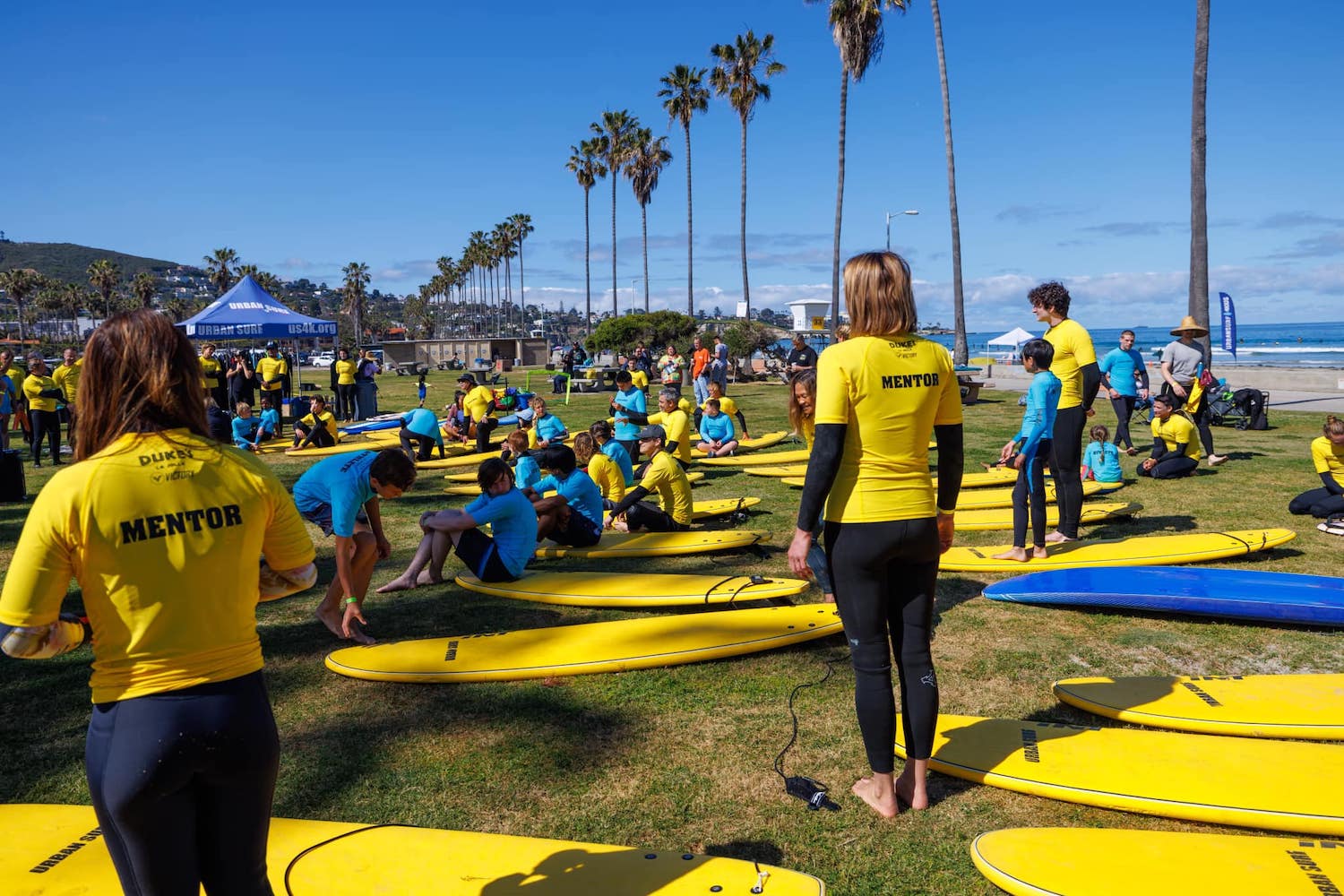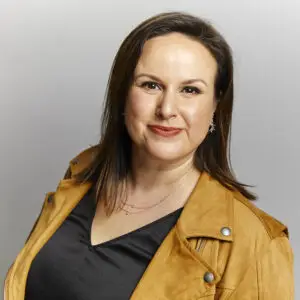For some San Diego kids in foster care, the beach can seem a world away. Urban Surf 4 Kids is working to change that. The nonprofit aims to build ohana and increase access to sand and sea for foster youth in San Diego and Orange counties. And it wouldn’t be possible without the help of volunteers like Graydon Rose.
When Rose isn’t busy at his day job as a deputy public defender, he’s serving on the board of directors for Urban Surf 4 Kids and planning an upcoming legal community Casino Night fundraiser, set for September 20. He has also volunteered as a mentor in the nonprofit’s Hanai program (hanai translates to “family” or an informal adoption in Polynesian culture), a surf camp leader, and has helped the organization in a variety of other roles.
How did you first become involved with Urban Surf 4 Kids and what made you want to volunteer?
I’m born and raised here in the Ocean Beach area. Growing up, I was fortunate to spend much of my youth around aquatic activities at the beach, so that was important. I also was introduced to volunteering growing up. I spent about 12 years in the Bay Area, but San Diego was still close to my heart. In early 2020, I was back down here in training at the public defender’s office, then Covid happened.
I was going a little stir crazy, and I wanted to find organizations to try to be part of, and initially, I worked with a few. It was very rewarding, but when things started to normalize that summer, I wanted to reconnect with the surf community and the youth. So, I looked up youth development-slash-surf and Urban Surf 4 Kids popped up. There are a million phenomenal organizations that work with youth, but Urban Surf is unique.
I wanted to get involved as much as I could. I started out as a volunteer and Hanai mentor. The purpose of the Hanai group is to have a dedicated group of volunteers that would commit six to eight months—one outing a month—with a dedicated group of kids.
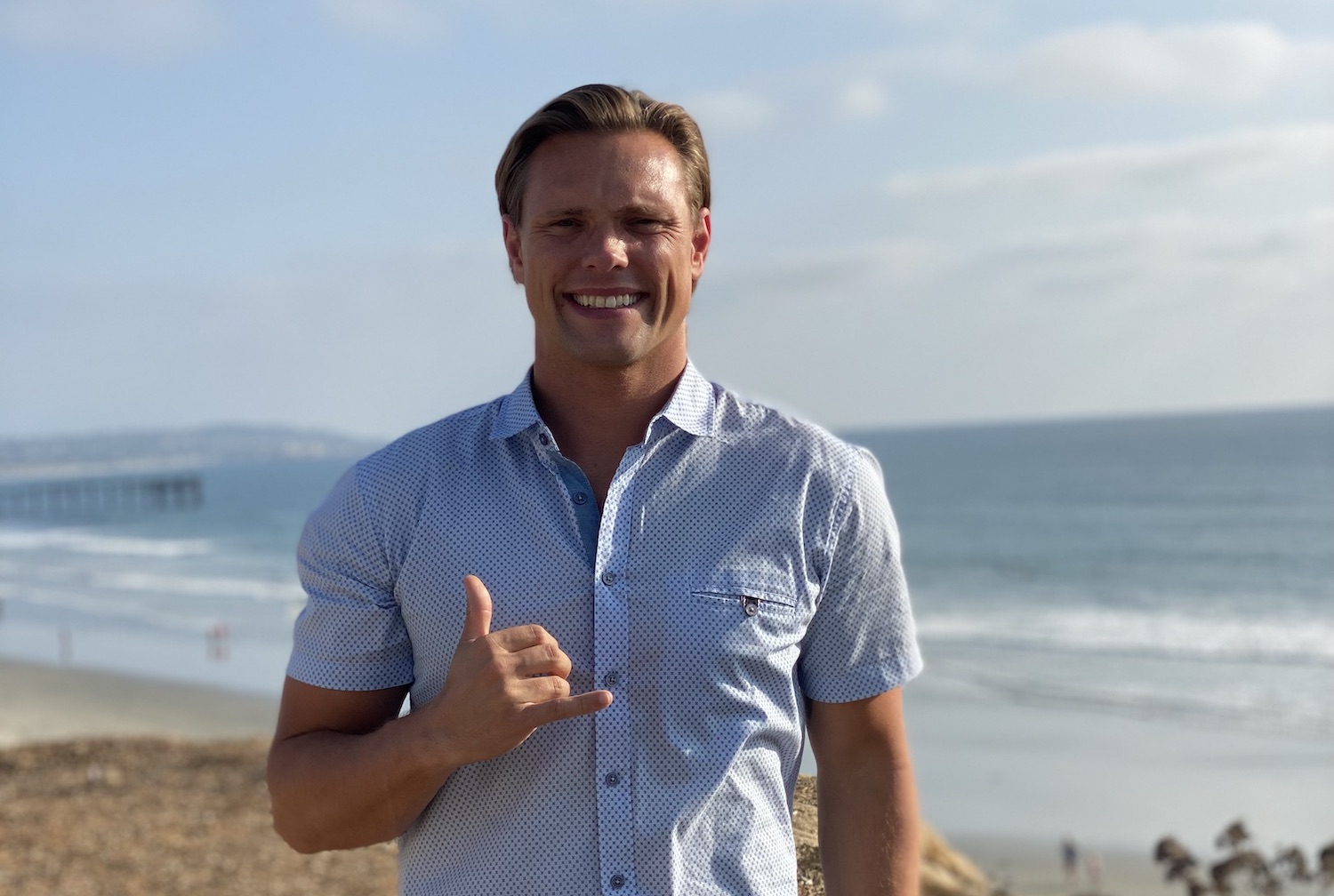
Graydon Rose
What do/did your volunteer duties entail?
It takes time to build trust and relationships and that’s the purpose of Hanai. For six to eight months, if not more, we’re meeting once a month doing some positive activity. It centers around aquatics, but it can be anything that’s an outdoor activity. We’ve done FootGolf, days at the beach; we’ve had hikes. It can take years to feel comfortable trying activities such as getting on a surfboard. And that’s the real benefit of it—that long-term mentorship that you only get with consistency and time.
Can you describe your favorite or most memorable experience while volunteering?
The second or third year with a particular group of kids from a local group home, one of the participants was 15 or 16, and for the first couple of years, he was hesitant to venture into the water, which is understandable—it can certainly be an imposing place. But one day at the end of last season, we were going surfing. It was the second or third time he’s been in the water. After throwing on a life jacket, we hopped on a surfboard and off we went. And on the second or third try, the kid starts hopping up on the surfboard—second or third time in the water, and up on the surfboard.
Often it takes years to work with some of the participants. If you put your toes in the water, that’s surfing, or if you’re standing up shredding gnarly kickbacks, that’s surfing. That was a particularly special moment.
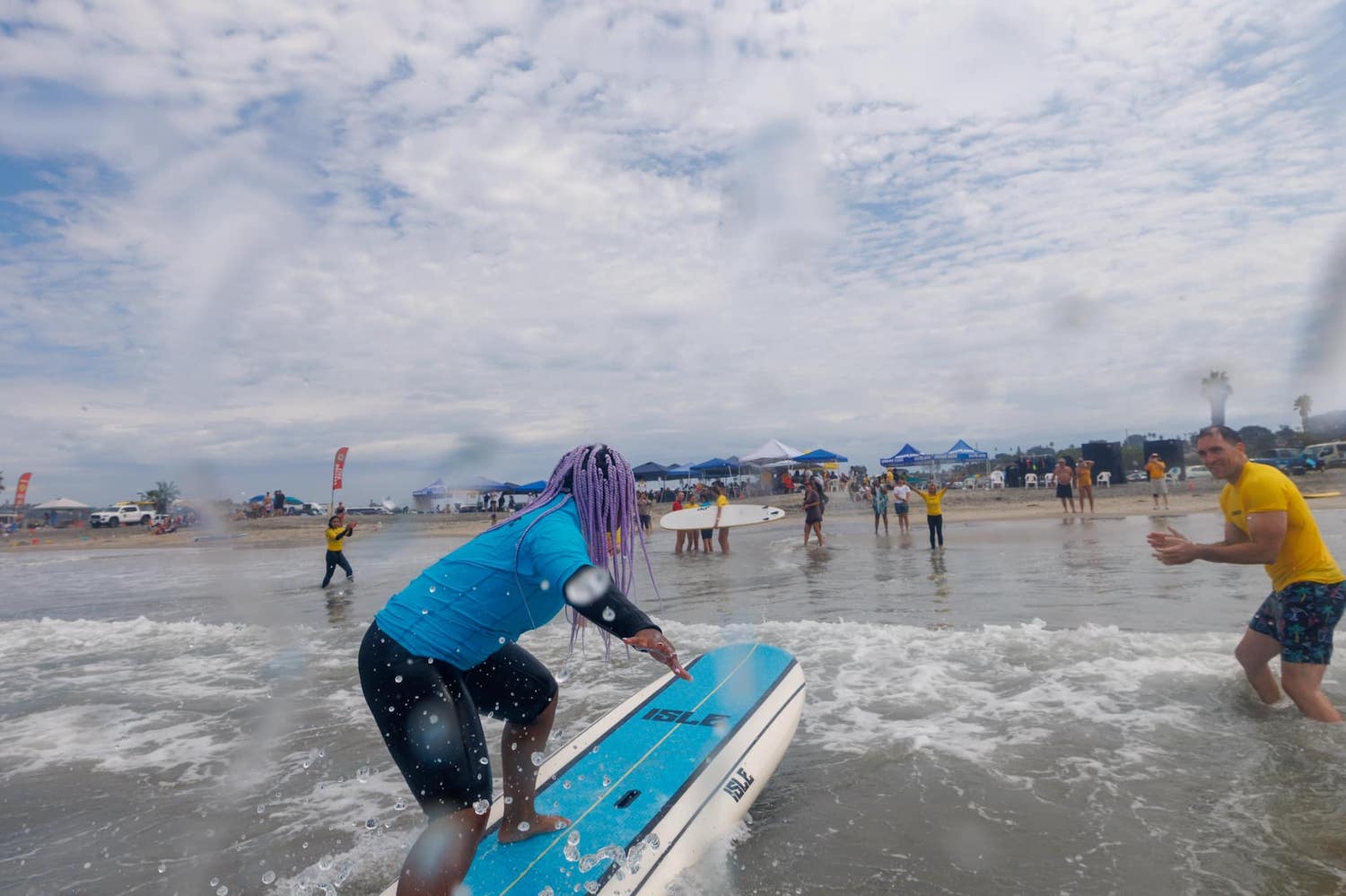
What’s the biggest challenge you’ve faced at Urban Surf 4 Kids?
It’s a whole different realm when you’re working and volunteering with youth experiencing trauma. You may not see the positive impact you’re having right away. It may seem like a participant, on a given day, is not having a good time, but maybe at the next surf camp or maybe years from that, without a doubt, that particular experience is going to have some positive impact. It’s about consistency, patience, and openness, and meeting participants where they’re at.
PARTNER CONTENT
Any advice for someone considering volunteering as a way to give back?
I’d recommend considering areas that they’re interested in—you’re going to want to participate more readily if you enjoy what you’re doing. Also, be mindful of your time commitment. If you only have one day a year, one day a month, be realistic. Urban Surf does not discriminate and will take all the love and help we can get. Any nonprofit has that same mindset—whether it be a little or a lot, it absolutely makes a difference.
Why Urban Surf?
We’re trying to build community for some of our most vulnerable and at-risk youth in San Diego. The therapeutic value of the ocean, whether it be just sitting next to it or hopping on a surfboard, we’ve seen a lot of intrinsic benefits of being around it. And if someone doesn’t go in the water, not a problem. If that isn’t their cup of tea, then there are other events we’re involved in with the community.
